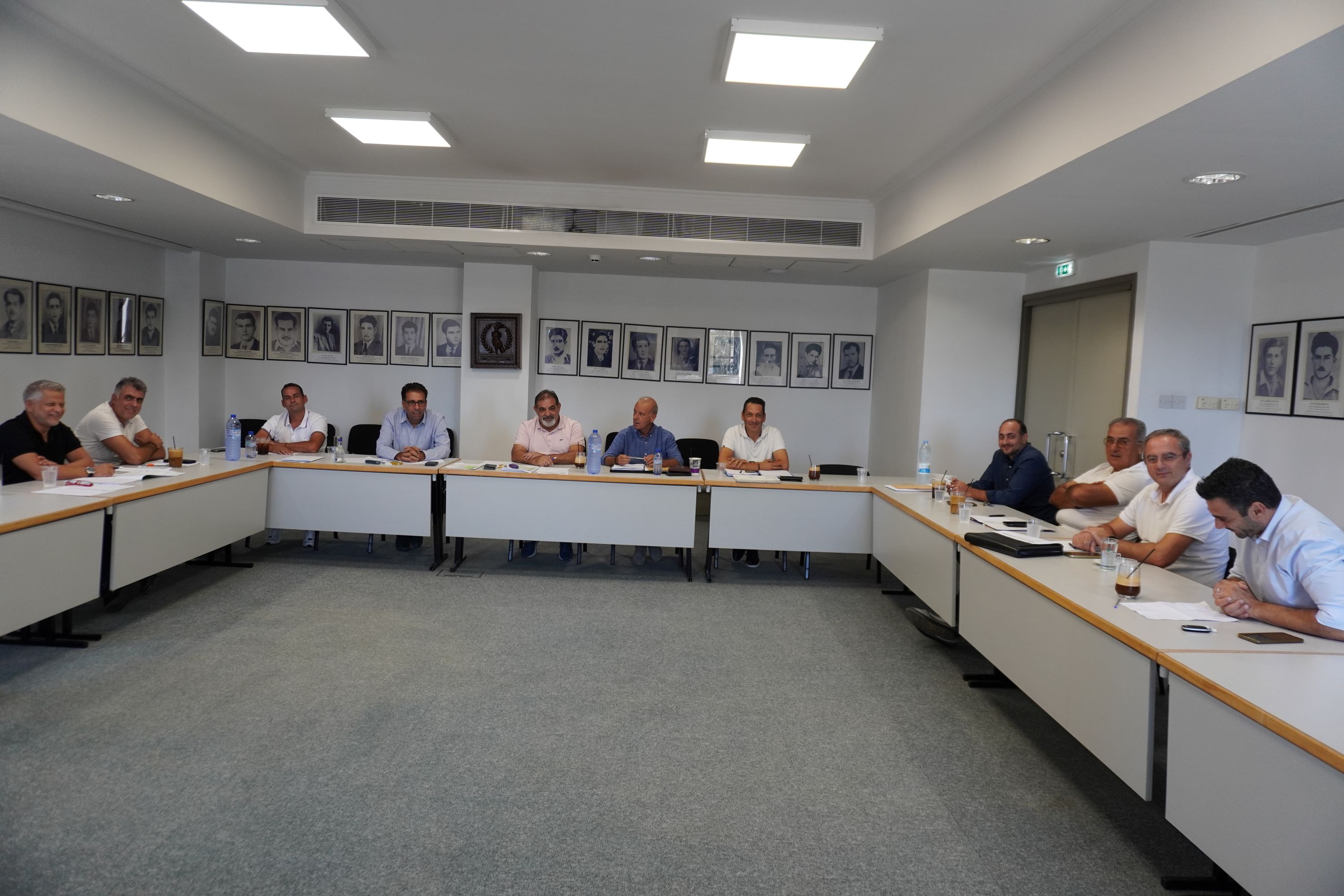Trade union Oiyk-Sek on Friday hailed the “immediate results” of the government’s decision to promote nursing and midwifery as a career both in Cyprus’ education sector and in the media.
The union said that as a result of this effort, there has been a “significant increase” in prospective undergraduate students’ interest in nursing and midwifery courses at the island’s universities.
They called on the health ministry to “continue its efforts to inform the public about the need for nursing staff and about employment opportunities in the sector.”
Meanwhile, they also called on the health ministry to stay the course in its efforts to “utilise all the graduates from Cyprus’ nursing and midwifery schools who are not employed in the sector”.
This point is particularly pertinent at a time when Cyprus is facing a shortage of nurses. The employers’ and industrialists’ federation (Oev) had warned earlier in the year that some clinics could be forced to suspend their operations if Cyprus’ nursing shortage “is not resolved immediately”.
They had said Cyprus’ nursing needs have “proven to be unable to me bet either by the local or by the European labour market” and cited similar nursing shortages faced by countries across the European Union.
Oiyk-Sek on Friday remained steadfast on nurses’ long-held position that the government should aim to find nurses who meet the current requirements to be hired in Cyprus, rather than changing those requirements to be able to attract more nurses.
“It is necessary to implement the existing legislation and respect the criteria it sets, as well as the European directives concerning professional qualifications,” they said.
To this end, they added that “particular attention must be paid to [prospective hirees’] knowledge of the Greek language, with an emphasis on maintaining the written exams as an integral part of the evaluation process.”
Reports had surfaced in June that the health ministry was planning to reduce the minimum Greek language requirement for third country nationals who wish to practise nursing in Cyprus, with trade unions up in arms about the reported plans.
Pasydy expressed “strong concern and disquiet” over the reports, while Pasyno chairman Christos Christodoulou insisted that the existing law “must be applied without exceptions” as it relates to Greek language requirements.
In addition to the Greek language requirements, Oiyk-Sek demanded that should third country nationals be granted work permits to enter Cyprus’ nursing and midwifery sector, a new collective labour agreement be signed.
“This contract, which must be signed by Oiyk-Sek and [fellow trade union] Peo, must be applied in its entirety for all workers, including those from third countries,” they said.
Another point of note mentioned by Oiyk-Sek on Friday was the need to “intensify checks being carried out by the competent authorities of the health ministry throughout any given 24-hour period.”
“These checks should ensure compliance with hospitals’ prescribed staffing numbers in terms of the number of nursing staff on shift at any given time, as well as working conditions in private hospitals,” they said.
To this end, they called on the health ministry to carry out checks on hospitals and health centres not just during public sector working hours, but also during the evenings, during the nights and on weekends.







Click here to change your cookie preferences